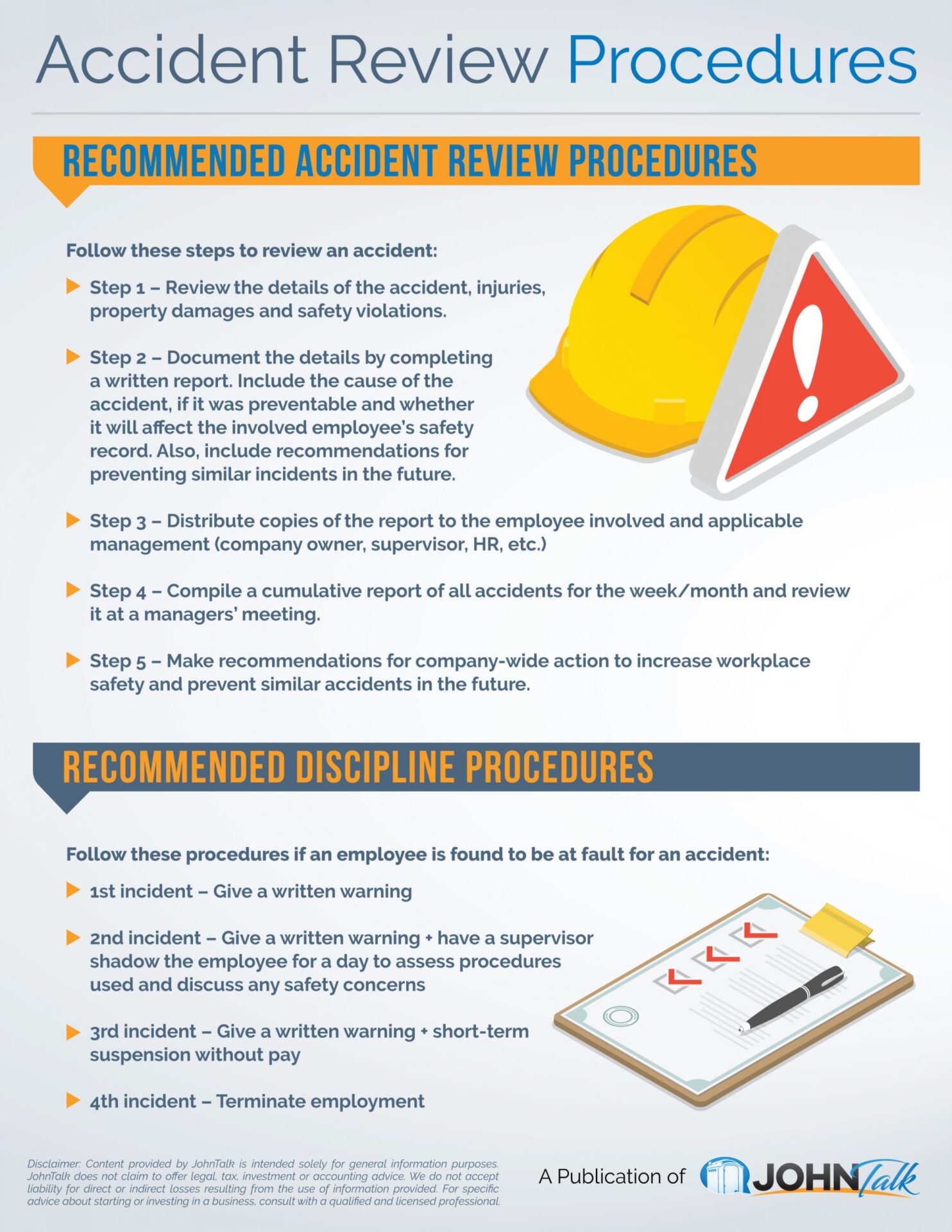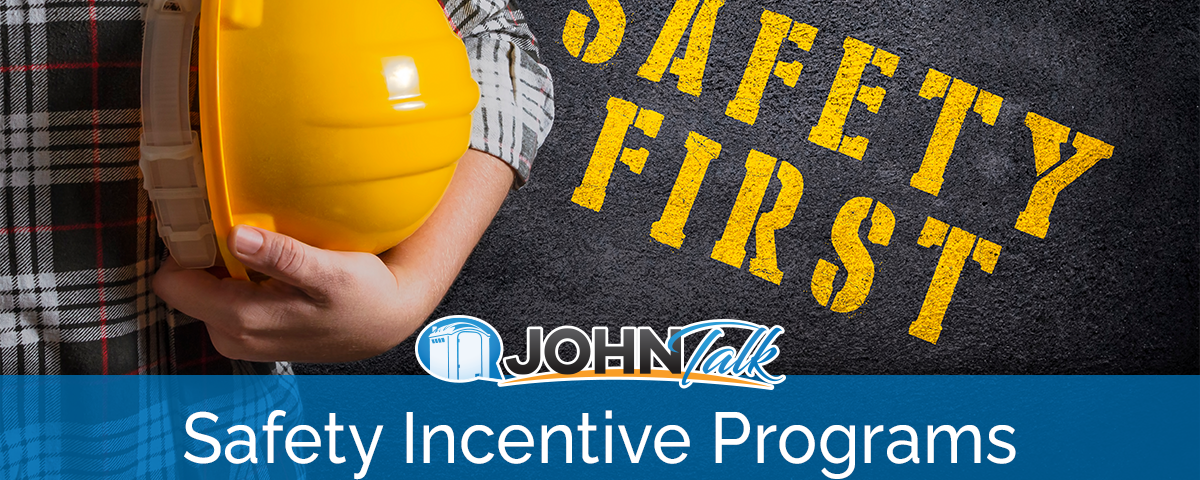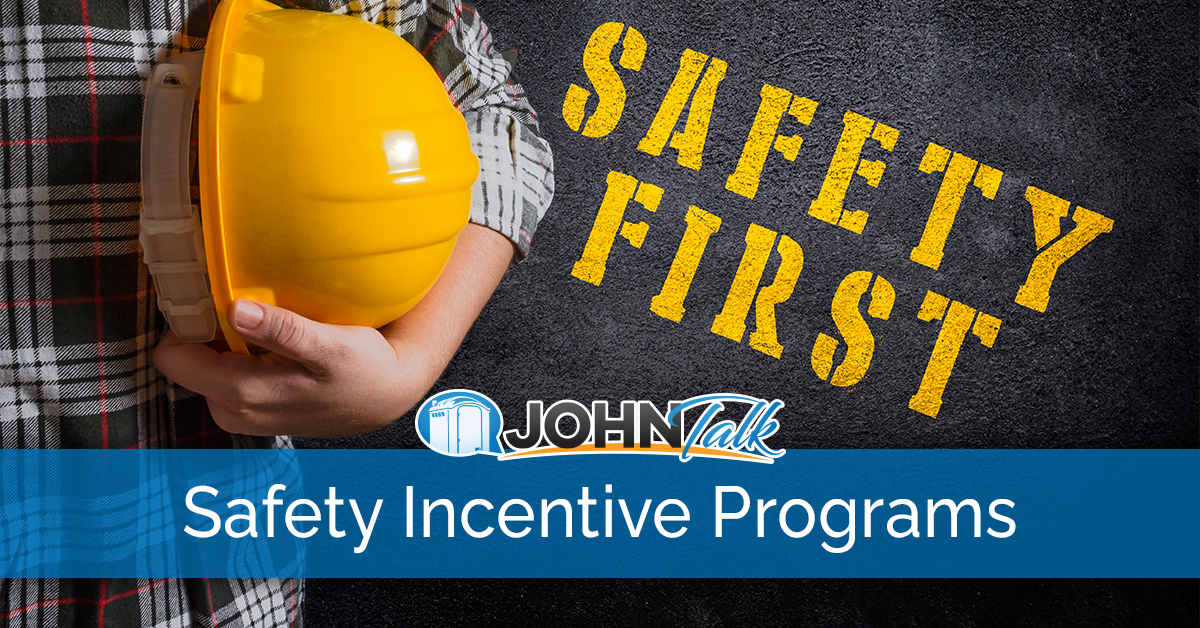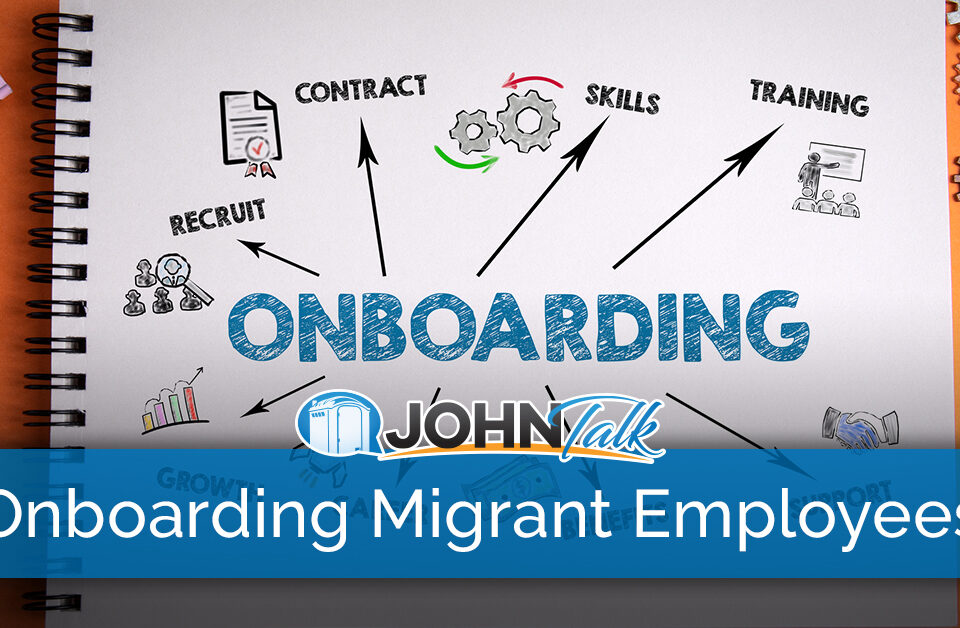
INFOGRAPHIC: Accident Review Procedures
June 21, 2021
How Many Units Can Realistically Be Serviced in a Day?
July 12, 2021Frequent training and general awareness are key to keeping employees safe. While a safety culture is the first step to improve workplace conditions, safety incentive programs can motivate employees to participate and stay alert.
Safety incentive programs encourage your crew to say something when they see a hazard and may give bonuses for injury-free days. Use the tips in this article to create an effective system for your temporary and permanent team members.
The Dos and Don’ts of Safety Incentive Programs
Conventional programs, often called rate-based incentive programs, reward workers or teams for consecutive injury-free days. However, the Occupational Safety and Health Act (OSHA) warned about policies that could violate discrimination or whistleblower laws. Therefore, your safety incentive program must prioritize awareness without creating a cover-up culture.
Moreover, OSHA says employers that use rate-based programs should take “adequate precautions to ensure that employees feel free to report an injury or illness.” One way to do this is by rewarding employees for participation and reporting hazards and near misses.
Safety Incentive Program Examples
For starters, your employee handbook should clearly define your safety program, including mandatory training and reporting expectations. However, designing a safety program that motivates your employees requires a personal approach.
It should engage all team members, from your administrative assistant to your drivers. To support different roles, a safety incentive program may involve several objectives and reward tiers. Examples include:
- Injury-free days: Define what an injury means and how you’ll track them. Then, attach a reward for meeting a company or team objective, such as a gift card or cash once you reach 100 injury-free days.
- Participation incentive: All jokes aside, participation rewards work. Although training may be mandatory, you can increase engagement by passing out small prizes, such as lottery tickets or gift cards, to workers who correctly answer questions or assist with demonstrations.
- Recognize and reward awareness: Consider offering safety bucks or, at minimum, recognizing staff who bring a hazard to your attention. An immediate incentive tied to a specific behavior is more effective than waiting to reach a long-term goal.
Get the JohnTalk “ALL-ACCESS PASS” & become a member for FREE!
Benefits Include: Subscription to JohnTalk Digital & Print Newsletters • JohnTalk Vault In-Depth Content • Full Access to the JohnTalk Classifieds & Ask a PRO Forum
Onsite and Digital Safety Program Ideas
Onsite safety events and ongoing training are vital to making awareness part of the job. Consider hosting quick monthly safety meetings to go over safety topics or recent near misses. Plus, use safety huddles to remind teams to stay focused.
Another way to keep employees alert is through mobile training sessions. Giving safety bucks or other incentives can encourage worker involvement. The Portable Sanitation Association International (PSAI) offers several courses for portable sanitation professionals via live web broadcasts.
Additionally, third-party organizations provide mobile-friendly, inexpensive training on topics such as confined spaces, fall protection, and ergonomics. Check out OSHA’s training resources and talk to your local Small Business Administration (SBA) to get help developing a safety incentive program.
Motivate Portable Restroom Employees with Incentives
Building safety into every job duty is one of the best ways to keep your team safe. But, in some cases, adding incentives can motivate workers to get personally invested in your program quickly. Think about what drives your portable restroom crew and develop a safety incentive program that rewards awareness.
Looking to Take Your Portable Restroom Business to the NEXT LEVEL? Download our FREE Guide: “Your Guide to Operating A Portable Restroom Business.”
Thinking About GETTING INTO the Portable Restroom Industry? Download our FREE Guide: “Your Guide to Starting A Portable Restroom Business.”






